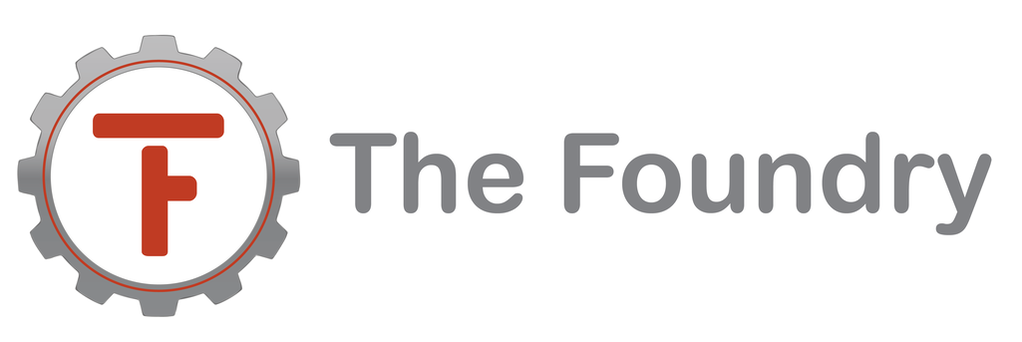|
by Joyce Wilson Why Your Career Development Plan Should Prioritize Emotional Intelligence
In today’s educational landscape, teachers are more than just those that spout knowledge to their students. They are driven to foster an environment of inclusivity, emotional support, and understanding. Your emotional intelligence is crucial to helping you maintain all of your roles as an educator. Today on The Foundry, we will take a look at how and why a professional development plan focused on emotional intelligence matters in education. What Is Emotional Intelligence? Before you can create a career development plan that prioritizes emotional intelligence, you have to know exactly what that means. In a nutshell, this is a soft skill that allows you to understand and manage your own thoughts and feelings and read those of others. As you can imagine, this is a critical trait for teachers. The First Steps When you’re ready to create a plan focused on emotional intelligence, you need to first know exactly where your current level lives. You can use an assessment test to better understand your strengths and also areas where you might need improvement. Once you have a grasp on your own emotional capacity, you can begin to set SMART goals. Goals to Enhance Your Emotional Intelligence While your goals will be based on your current level of emotional awareness, a few that you might consider include developing empathy, being more self-aware, improving your communication skills, managing your stress, and practicing gratitude, the latter of which the Alfred blog explains can help you create a better environment within your classroom. What Are Your Resources? Now it’s time to look at the resources you have available to you. This could be any of the many charts, worksheets, textbooks, and activities available online. Another option is to talk with your administrators to find out if your district is willing to send you to in-person workshops for any of the areas that you’d like to improve. How to Document Your Progress There are many ways to document your progress. One way is to take stock of how you feel once each month. Are you less burnt out and worn down than you were before? Are your students more engaged? Make notes and then save them as a PDF file so that you can look back on these whenever you're looking to measure any specific area. One quick tip here. You’ll want to use a PDF splitter to separate PDF pages based on your specific goals. This makes it easy to download and share with others or to the cloud for easy access. Should You Start an Education-Based Business? If your professional development plan also includes getting out of the classroom, it’s never too early to start looking into emotional intelligence as it relates to running a business. You might, for example, begin counseling other educators on how to improve their own prospects. If you do branch out on your own, form an LLC, which may (depending on your state's rules and regulations) remove liability and help you maintain a flexible management structure as your business grows. A resource you can use here is an online formation service, which is cheaper than an attorney. It does not matter whether you are a beginning substitute teacher or a tenured educator with new plans for the future; there’s always room for improvement. When it’s time to incorporate emotional intelligence in your professional development plan, start by knowing your goals, which may even include starting your own business. Then, make sure that your plan is easily editable and accessible (ideally via PDFs) so that you can review your objectives from anywhere. Ultimately, however, you must also be open to changing your plan as your self-awareness improves. Image via Pexels Joyce Wilson may have retired from teaching but that doesn’t mean she has lost her passion for education. On her site, Teacher Spark, she is working to build a resource of engaging lesson plans, activities, and other fun learning opportunities for her fellow educators and for parents.
0 Comments
Leave a Reply. |
ArchivesCategories |
|
Follow us on:
|
|



 RSS Feed
RSS Feed




